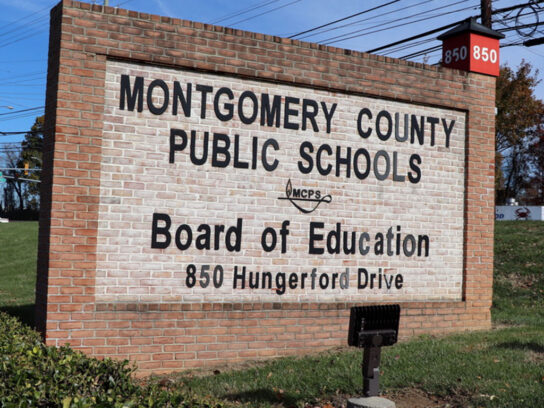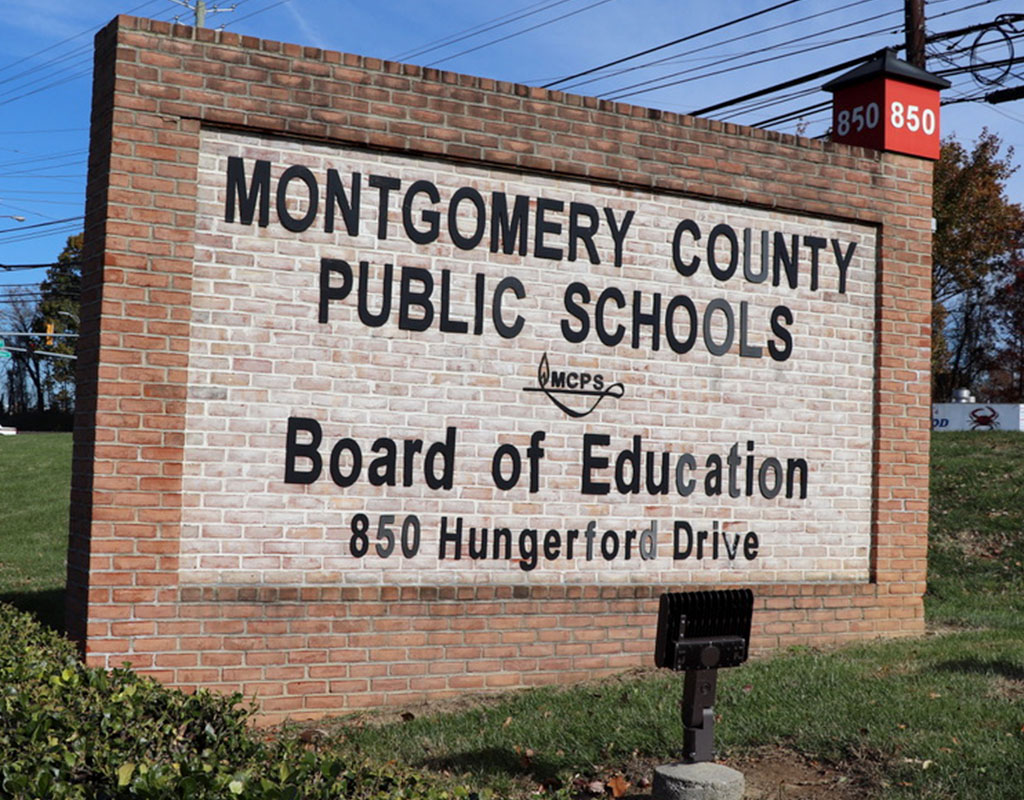
Candidates for the Montgomery County School Board discussed the opt-out program with school resource officers during Thursday's candidate forum hosted by the Montgomery County League of Women Voters.
Candidates for the entire district, District 2 and District 4 will be on the May 14 primary election ballot. Early voting will take place from May 2nd to May 9th.
opt out
Opt-out policies that allow parents to block students from reading or learning about certain topics made headlines in March 2023. insert The Board of Education has made it clear that parents can only do the following: opt out of health and human sexuality rather than other units., This may include LGBTQ+-inclusive books.
Religious groups and parental rights activists sued and protested the school board and pushed for an opt-out policy for books. Although a federal judge sided with the school board, no such opt-out policy was implemented.
At-large candidates Rita Montoya, Melissa Kim and Lynn Harris all opposed the opt-out policy and said the curriculum should reflect Montgomery County's diversity.
“It's windows and mirrors,” Harris says. “We want to make sure all students see themselves reflected in the content they are taught…but we also want them to learn more about other students with different experiences. I am thinking.”
At-large candidate Fitzgerald Mofo supported an opt-out policy and moving the “comprehensive curriculum” from language arts to opt-out health and family life units.
“It is tyrannical to demand that parents fund the education system and not allow them to be involved in the education system,” Mofo said.
At-large candidate Sharif Hidayat was also a supporter of the opt-out policy, saying the school board had “disgusted attitudes toward people of faith.”
District 2 candidates Rebecca Smondrowski and Natalie Zimmerman oppose opt-out policies, and candidates Abby Tioe, Brenda Diaz and Ricky Mui support opt-out policies. There is.
District 4 candidates Laura Stewart and Chevra Evans oppose opting out. Bethany Mandel is in favor of opting out and is part of a group suing the school system over the issue.
school police officer
The district brought back a school resource officer, now called a community engagement officer, less than a year after firing the officer over concerns of racial bias by the officer. Community Engagement Officers are not stationed on campus or patrolling the hallways like resource officers, but they do have workspace on school grounds and are available when needed.
Candidates overwhelmingly supported having an officer in some capacity in the school to build relationships with students and improve safety, but many had ideas on how to improve the program.
Kim said that while police officers can be another person in the school building to build relationships with students, police officers should He said officials need trauma-informed hate bias training.
Smondrowski said school officials should be selective about role models for students, and officers should also be placed in elementary and middle schools.
Improving communication between board members, school leaders and students is important to candidates Stewart, Harris and Evans.
Several candidates, including Zimmerman, asked for more data on the success of the community engagement officer program. Zimmerman called for increased mental health support for students to proactively address school safety concerns, rather than just reacting to them reactively.
“Students need to feel emotionally safe first and foremost, and that will help with other issues,” Zimmerman said.
Mandel, Morfor, Diaz, Mui, and Tioe are supporting the return of school resource officers, who will be stationed full-time and patrolling the school grounds. Mandel said firing the student resource officer was the biggest mistake the district made.
“Every time there's a school lockdown at my child's school, it makes me feel better and safer knowing that a police officer is there to respond,” Tioe said.


